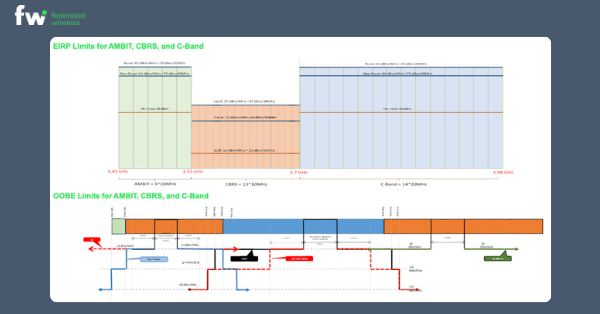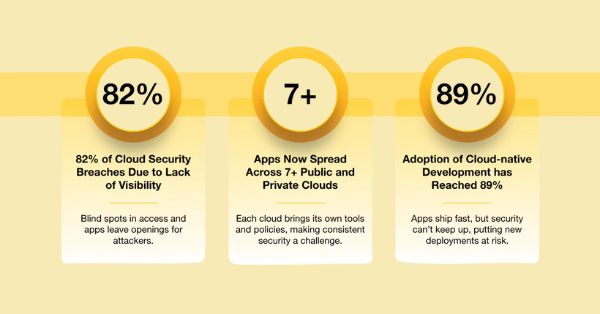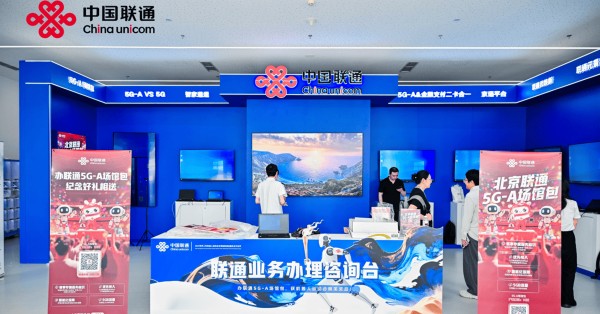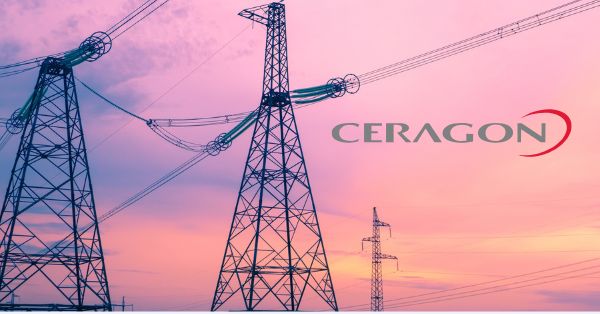Nokia and Telefónica Partner to Enhance Spain’s Private Network Market
Nokia and Telefónica have entered a strategic partnership to accelerate the development of 5G private networks in Spain. Over the next three years, this collaboration will facilitate the deployment of 100 Nokia Digital Automation Cloud (DAC), Modular Private Wireless (MPW), and MX Industrial Edge (MXIE) solutions. The agreement, facilitated through Telefónica Mobile Spain and Telefónica IoT & Big Data Tech Spain, aims to bolster Spain’s private network capabilities and support mission-critical industries such as ports, manufacturing, and logistics.
Nokia and Telefónica’s Three-Year Plan to Transform Spain’s Private Networks
Under this comprehensive agreement, Nokia will deploy its advanced solutions to enhance productivity, worker safety, and sustainability within the Spanish enterprise market. These efforts will drive the digital transformation of key sectors, helping them leverage 5G technology to become more efficient and data-driven.
Nokia’s Digitalization Solutions Drive Spain’s Industry Transformation
Nokia’s comprehensive platform for industrial digitalization includes the Nokia Digital Automation Cloud (DAC), MX Industrial Edge (MXIE), industrial devices, and digitalization applications. This platform is designed to simplify the digital transformation process for various industries by providing a secure, reliable, and high-performance wireless infrastructure. It also offers the necessary on-premises compute capabilities to leverage real-time operational technology (OT) data, accelerating digital transformation.
Advancing Industry 4.0: Nokia and Telefónica’s Partnership Effort in Spain
This collaboration marks a significant step toward promoting Industry 4.0 within the Spanish enterprise market. By enabling industries to become more data-driven, the partnership enhances Telefónica’s network capabilities and provides a clear path for migrating use cases to 5G.
Telefónica and Nokia: Pioneering Digital Transformation in Spanish Industries
At Telefónica Tech, we are dedicated to the digital transformation of businesses and industries. Our recent strategic agreement with Nokia aims to accelerate developing and deploying private 5G networks in the business environment. This agreement will allow companies to access up to 100 different Nokia solutions related to cloud digitalization, private mobile networks, Edge Computing, and cyber-physical and industrial systems.
These solutions will be supported by Telefónica España’s network and our capabilities and experience in digital technologies such as IoT (Internet of Things) and Big Data. With this service, we aim to help the industry evolve towards a 4.0 model that is more efficient, sustainable, and secure. 5G connectivity is a key technology to achieve this, as it enables greater interconnection of smart devices, facilitating real-time collection, monitoring, and analysis of key business data.
How Private 5G Networks Are Transforming Spanish Industries
Private networks supported by these 5G capabilities ensure service quality through the mobile network by prioritizing communications. They also provide customers with specific capabilities, such as low-latency communications. Industries such as manufacturing, ports and logistics, connected cars, and the healthcare sector can thus make a real leap by incorporating private 5G networks into their processes. This way, many of these processes can be automated, optimizing company resources, reducing costs, and improving the quality of products and services.
Nokia’s Global Expertise to Elevate Spain’s Private Network Sector
Nokia has a proven track record of deploying mission-critical networks to over 2,600 leading enterprise customers in various sectors, including transportation, energy, large enterprises, manufacturing, webscale, and public sectors worldwide. Additionally, Nokia has extended its expertise to over 730 private wireless customers globally.
Leaders Speak: Insights on the Nokia-Telefónica Private Network Partnership
Adrián García Nevado, Business Director at Telefónica Spain, emphasized the alignment of this collaboration with Telefónica’s vision: “This collaboration with Nokia aligns with our vision of empowering the industry with cutting-edge technology in a new era where Artificial Intelligence and the use of data lead the way forward. This strategy is preceded by more than 90 use cases with real customers for exploring the capabilities of 5G.”
Rolf Albrecht, Head of Enterprise Campus Edge Business, Europe at Nokia, added: “This exciting collaboration with Telefónica will continue enabling enterprises to pave the way to digitalization. Our private wireless and edge on-prem solutions are designed to meet the mission-critical needs of asset-intensive industries, providing them with benefits beyond connectivity, including increased worker safety and reduction of emissions per our latest 2024 report for industrial digitalization.”
Telefónica Tech: Leading Digital Integration with Nokia’s Solutions
At Telefónica Tech, we offer our experience as a technology integrator and our support to businesses in their digitalization processes. Our collaboration with Nokia aligns with our vision of empowering the industry with next-generation digital technologies in a new era where Artificial Intelligence and data usage set the path forward.
Shaping the Future: Nokia and Telefónica’s Vision for Spain’s Private Networks
Nokia and Telefónica’s partnership is set to significantly advance the private network market in Spain. By deploying cutting-edge technologies and fostering digital transformation, the collaboration will support key industries in improving efficiency, safety, and sustainability while paving the way for a 5G-enabled future.

































